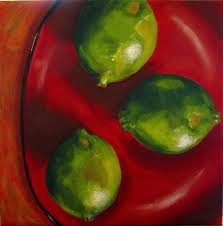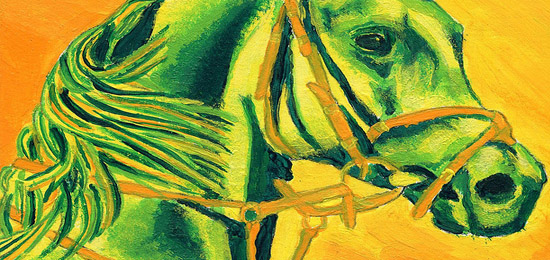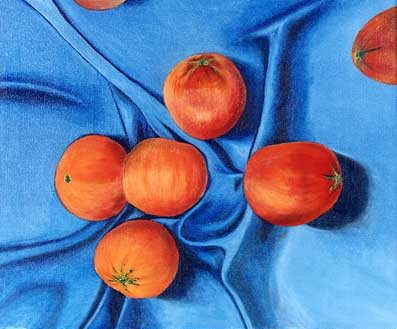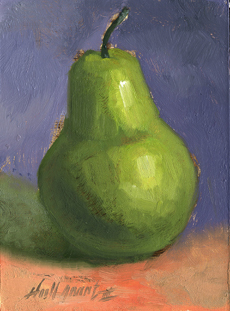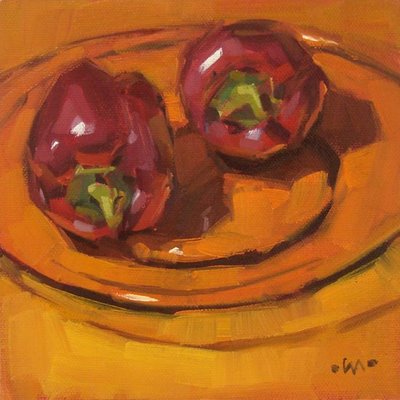Monochromatic
'Mono' means one, 'chroma' means colour in Ancient Greek, so when put together monochromatic means using only one colour.Depending on the colour that is used can alter the mood and feeling of the picture or landscape.
Artists that have used the monochromatic colour scheme are: Leanne Wildermuth(1), Jon Rattenbury(2), Jennifer Mcduffie(3), (4), Pablo Picasso(5), Andy Warhol(6).
Complementary
Complementary colours are pairs of colours that are of “opposite” hue in the colour wheel. when you mix complementary they make neutral colours.
Analogous
Analogous colours are 3, 4 or 5 colours that are adjacent to each other on the colour wheel. Analogous colour schemes are often found in nature or still life drawing and often appear to be more appealing to look at. When these colours are combined it gives a bright effect in the area, and are able to change moods. When using the analogous colour scheme, you should make sure there is one main colour.
Warm and cool
Warm colours range from red to yellow and cool colours range from green to violet. Yellow-Green and Red-Violet are not classed as warm or cool colours. This is because they have warm and cool colours, so they are classed as 'neutral'.
Triadic
The triadic colour scheme is 3 colours spaced equally around the colour wheel such as red, green and blue. This colour scheme is often used in still life paintings.






